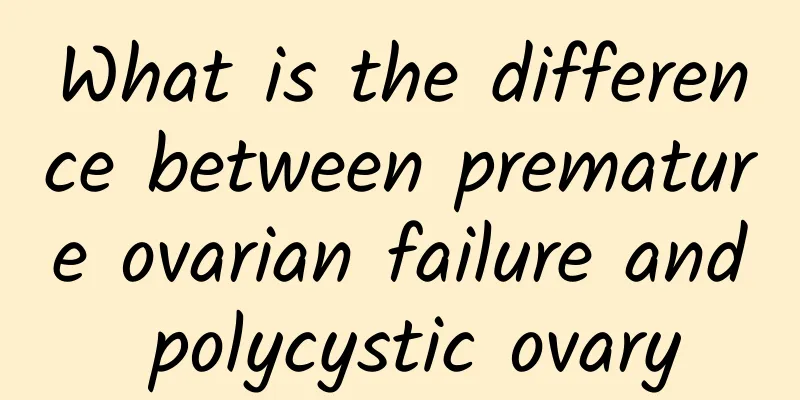CT Findings of Submucosal Uterine Myoma

|
Uterine fibroids, also known as uterine leiomyoma, are the most common benign tumors of the female reproductive organs. According to the relationship between the fibroids and the uterine muscle wall, they can be divided into intramural fibroids, subserosal fibroids and submucosal fibroids. Among them, submucosal fibroids grow toward the uterine cavity, protrude from the uterine cavity, and are only covered by mucosa on the surface. They account for about 10% to 15%. Their CT manifestations are as follows: The CT manifestations of this type of fibroids are: the uterus is enlarged, the uterine cavity is reduced, and a round-shaped mass with a density roughly equivalent to that of the uterus can be seen in the enlarged uterine cavity. The mass is significantly and evenly enhanced on enhanced scanning, and a "pseudocapsule" can be seen on the edge. However, it is not easy to distinguish it from uterine hypertrophy, uterine body cancer, and adenomyosis on plain CT scans, and enhanced scanning is helpful for diagnosis. Among them, uterine hypertrophy is also manifested as an enlarged uterine cavity, but without deviation; uterine body cancer shows uneven enhancement, or low-density necrotic areas can be seen; adenomyosis shows spotty and dot-like enhancement. At the same time, it should be noted that both uterine body cancer and adenomyosis have unclear boundaries and no calcification, which is more meaningful for differentiation. In short, CT plain scan plus enhanced scan has a high value in diagnosing uterine fibroids. Some patients with typical CT plain scan manifestations can be diagnosed. Enhanced scanning can increase the density difference between uterine fibroids and normal uterine tissue, showing the enhancement characteristics of uterine fibroids. At the same time, it is helpful to clarify the size, number, and morphology of uterine fibroids and improve the detection rate. |
<<: Can women with moderate cervical erosion get pregnant?
>>: The difference between uterine fibroids and ovarian tumors
Recommend
When is the best time to have an abortion?
It is more appropriate to have an abortion within...
How to check ovarian cysts
How to check ovarian cysts? Ovarian cysts are a c...
Cervical fibroids are a type of uterine fibroids
What are the types of uterine fibroids? Uterine f...
How to treat uterine fibroids better? Common treatment methods for uterine fibroids
Nowadays, women are also very concerned about the...
What is the difference between ovarian cyst and fallopian tube cyst? Which one is more serious?
Ovarian cysts and fallopian tube cysts may sound ...
Are you exercising right? Hollywood star fitness trainer said this
The trend of sports is becoming more and more pop...
What are the preventive and therapeutic measures for ectopic pregnancy?
Ectopic pregnancy is a very dangerous disease, so...
Should I eat the rice first or drink the soup first? Weight Loss Doctor: Eat each meal for no less than 20 minutes
What is the order of eating three meals, do you e...
Why do I only have stomach pain but no menstruation?
If you have a stomachache but your period is late...
Abnormal vaginal discharge similar to nasal discharge
Abnormal leucorrhea that is like nasal discharge ...
How to use medication correctly for patients with pelvic inflammatory disease
How do patients with pelvic inflammatory disease ...
What are the surgical methods for treating ectopic pregnancy?
Ectopic pregnancy is the most common pregnancy di...
How long after an abortion can I go out? See what the doctor says
Pregnancy is a lucky and beautiful thing, but it ...
This is what everyone should do to regulate irregular menstruation!
Early menstruation, delayed menstruation, heavy m...
Tips for slimming down with grapefruit essential oil
Jennifer Lopez is a dancer, actress, singer, host...









